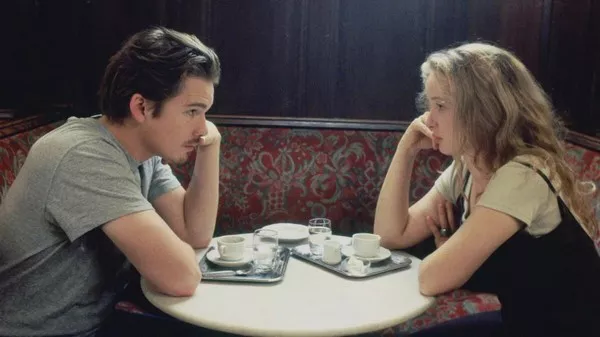Love and attraction are powerful emotions that can sometimes lead us to unexpected and challenging situations. It is not uncommon for individuals to find themselves attracted to and involved with someone who may not be the best match for them. This phenomenon raises the question: Why do we fall for the wrong person? In this article, we will explore some of the psychological and emotional factors that contribute to this common experience.
1. Unresolved Past Experiences
Our past experiences, particularly in childhood and previous relationships, can significantly influence our attractions and choices in partners. Unresolved issues or traumas from the past can unconsciously draw us towards individuals who may resemble past figures or situations. This repetition compulsion can lead us to seek out familiar dynamics, even if they are unhealthy or detrimental to our well-being.
2. Unconscious Beliefs and Patterns
Our unconscious beliefs and patterns play a significant role in our attractions. Deep-rooted beliefs about love, self-worth, and relationships can shape our choices. For example, if we have a belief that we are not deserving of healthy love, we may unconsciously gravitate towards partners who reinforce this belief through their behavior. Exploring and challenging these unconscious patterns can help break the cycle of falling for the wrong person.
3. Chemistry and Physical Attraction
Chemistry and physical attraction can be intense and overpowering. Strong physical and sexual chemistry can sometimes cloud our judgment and lead us to overlook potential red flags or incompatibilities. While chemistry is an important aspect of a romantic relationship, it should not be the sole determining factor in choosing a suitable partner. It is crucial to also consider emotional compatibility, shared values, and long-term compatibility.
4. Familiarity and Comfort Zones
Human beings have a tendency to gravitate towards what is familiar and comfortable, even if it is not necessarily healthy or beneficial. This can apply to relationships as well. We may find ourselves attracted to individuals who remind us of previous partners or family dynamics, even if those dynamics were dysfunctional. Breaking free from our comfort zones and consciously seeking out healthier relationship dynamics is essential to avoid falling for the wrong person repeatedly.
5. Emotional Unavailability
Sometimes, we find ourselves attracted to individuals who are emotionally unavailable or have commitment issues. This can be an unconscious attempt to recreate familiar patterns or a reflection of our own fear of intimacy. We may mistakenly believe that we can change or “fix” these individuals, but it often leads to disappointment and heartache. Recognizing and addressing our own fear of intimacy can help us break free from this pattern.
6. Lack of Self-Awareness and Self-Worth
A lack of self-awareness and self-worth can contribute to falling for the wrong person. If we have a low sense of self-worth, we may subconsciously seek validation and approval from partners who are unable to provide it consistently. Developing self-awareness, cultivating self-love, and building a strong sense of self-worth are essential for making healthier relationship choices.
7. Timing and Circumstances
Timing and circumstances can also play a role in falling for the wrong person. Sometimes, we meet someone at a vulnerable or transitional phase in our lives, and the intensity of the connection can be misleading. It is important to consider whether the timing and circumstances align with our long-term goals and values.
8. Fear of Being Alone
The fear of being alone or the pressure of societal expectations can influence our choices in partners. We may settle for someone who is not right for us because we are afraid of being alone or believe that being in any relationship is better than being single. Recognizing and addressing this fear can help us make more conscious and fulfilling choices in relationships.
9. Lack of Boundaries
Falling for the wrong person can also be a result of lacking healthy boundaries. When we do not set clear boundaries and enforce them, we may attract individuals who take advantage of our kindness, overlook our needs, or engage in toxic behaviors. Establishing and maintaining boundaries is crucial for creating healthy and fulfilling relationships.
In conclusion, falling for the wrong person can be a complex and multifaceted experience. Unresolved past experiences, unconscious beliefs and patterns, chemistry, comfort zones, emotional unavailability, lack of self-awareness and self-worth, timing and circumstances, fear of being alone, and lack of boundaries can all contribute to this phenomenon. By developing self-awareness, working on personal growth, and consciously choosing partners who align with our values and well-being, we can increase the likelihood of forming healthy and fulfilling relationships. Seeking therapy or professional guidance can also be beneficial in exploring and understanding the underlying factors that contribute to falling for the wrong person.
Related Topics:




























